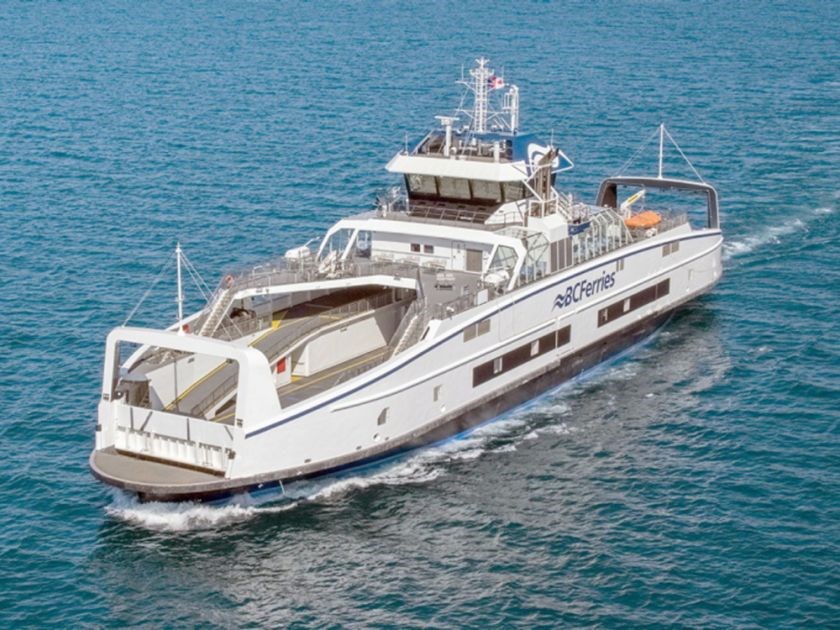The Metro Vancouver Regional District wants TransLink to consider introducing an electric river bus to transport passengers from Fraser River communities.
A report from the district’s Climate Action Committee states the electric river bus, which would be similar to a passenger ferry, would be part of the public transit system. The committee is asking TransLink to consider the idea as part of its Transport 2050 transportation strategy.
Metro Vancouver is also implementing a Climate 2050 strategy to transition to carbon neutral over the next 30 years.
Electric passenger vessels are being deployed in jurisdictions around the world as a zero-emission transportation alternative to traditional diesel-powered ferries. The report said if this technology is adopted in Metro Vancouver, battery-electric vessels could be powered by clean hydroelectric power resulting in minor upstream emissions as well as zero emissions at the source.
It noted that passengers would come from multiple communities, including Langley, Surrey, Maple Ridge, Pitt Meadows, Coquitlam, Port Coquitlam, Burnaby, Richmond, Delta, New Westminster, Vancouver and Tsawwassen First Nation.
TransLink would need to consider how the service would link to other public transit, locations for docking, the ability of the service to reduce traffic and congestion, and the employment opportunities it would provide, the report said.
In B.C., a hybrid-electric ferry service is being planned by B.C. Ferries.
“Using clean electricity, an electric river bus service for Fraser River communities could be a low-emission transportation alternative that is consistent with the goals of various Metro Vancouver planning processes that are underway,” the report said.
Determining the feasibility of a river bus service on the Fraser River would fall under TransLink’s planning and operating authority.
The committee said writing a letter to TransLink will provide an opportunity for it to be considered as part of TransLink’s Transport 2050.
TransLink has said a record number of people have taken part in the public engagement for Transport 2050.
The transit authority said it has heard from 159,000 people about their ideas for the future of transportation.



